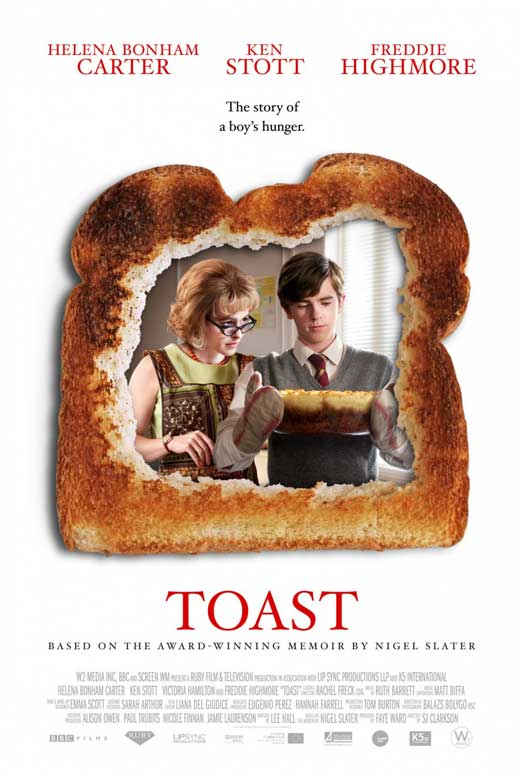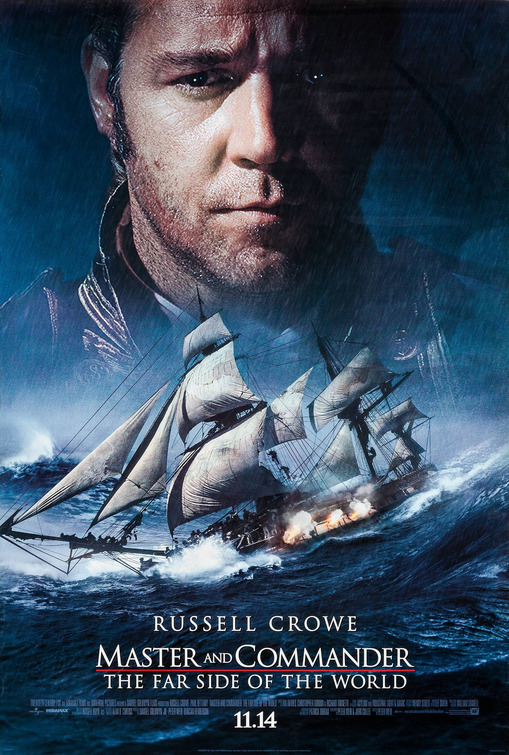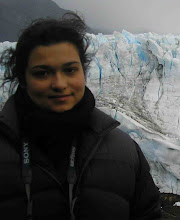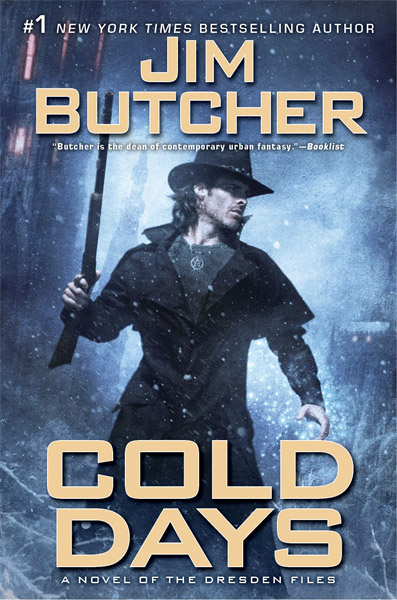"Let us hunt some orc!"
Even after all this time, I think this is one of the best lines in a trilogy that is filled with great lines. It's funny, I only realized more than ten years had passed since these movies came out (The Fellowship of the Ring appeared in 2001! Can you believe it?!) when I went to see the Hobbit, and for some reason I saw the dates of the previous movies online.
I then decided to undertake the huge task of seeing the whole extended trilogy again, both to plunge into Middle Earth again after The Hobbit did nothing more than whet my appetite for good fantasy, and for the Golden Gentlemen Challenge at Persie's blog.
I had forgotten how long the films were (and btw, I deserve extra points for this - these monstrosities should count double, lol) but it is a good sort of long, with character development, amazing fight scenes, and beautiful scenery. I can't deny they have aged very well - there are amazingly few cringe worthy moments (and most of them revolve around an overly emotional Frodo) and all the films are still as exciting and visually impressive as ever.
Since there isn't much of interest to be said about these films that hasn't been said before, I thought I would go over some of my favourite scenes in each movie, and indulge in some fangirl babbling.
I used to think that the first movie, Fellowship of the Ring, was my favourite. It still has the most scenes that I love, but as a whole, I think I actually preferred Return of the King this time around - there is more Aragorn in it, and Eowyn kicking ass.
There are some seminal moments in the Fellowship movie, particularly Gandalf fighting the Balrog in Moria, with those lines we will never forget: "You shall not pass!" and "Fly, you fools!" but also Boromir's death and some of the scenes with Galadriel. But I think my favourite moment might be the scene where we first meet strider, in the tavern, and his face is lit by the red glow of his pipe.
In The Two Towers, I enjoyed everything that had to do with Rohan (I might have a thing for big bad Eomer *sigh*). The scene where our three heroes meet the war party and are surrounded by horses is impressive, and I love the first view of Rohan - it might not be as sophisticated as Rivendell or Minas Tirith, but I find that Hall and that empty town has a tragic beauty as well. The films ends in a high note, with The Battle at Helm's Deep, and it also has some brilliant scenes: Gimli trying to see over the edge of the ramparts, Legolas sliding down the stairs shooting orcs, Aragorn tossing Gimli to the bridge in front of the doors, Eomer's charge as dawn breaks... But the funniest moment is certainly when Merry and Pip discover pipe weed form the shire in the pantry in Isengard.
As for the last movie, I have a harder time putting my finger on exact moments I like - there is a beautiful sequence when the signals asking Rohan for help are being lit, for example, but that is due mostly to the beauty of the landscape. There is also a wonderful scene that is hauntingly beautiful when Faramir decides to follow his father's delusional orders and go defend Osgiliath, while the old man eats his dinner in the safety of the city. But mostly, there are a lot of good guys taking charge and kicking evil's ass, which always makes for brilliant entertainment.
Points tally: 3 films with 1 actor = 6 points + 5 from before for a total of 11 points.
I used to think that the first movie, Fellowship of the Ring, was my favourite. It still has the most scenes that I love, but as a whole, I think I actually preferred Return of the King this time around - there is more Aragorn in it, and Eowyn kicking ass.
There are some seminal moments in the Fellowship movie, particularly Gandalf fighting the Balrog in Moria, with those lines we will never forget: "You shall not pass!" and "Fly, you fools!" but also Boromir's death and some of the scenes with Galadriel. But I think my favourite moment might be the scene where we first meet strider, in the tavern, and his face is lit by the red glow of his pipe.
In The Two Towers, I enjoyed everything that had to do with Rohan (I might have a thing for big bad Eomer *sigh*). The scene where our three heroes meet the war party and are surrounded by horses is impressive, and I love the first view of Rohan - it might not be as sophisticated as Rivendell or Minas Tirith, but I find that Hall and that empty town has a tragic beauty as well. The films ends in a high note, with The Battle at Helm's Deep, and it also has some brilliant scenes: Gimli trying to see over the edge of the ramparts, Legolas sliding down the stairs shooting orcs, Aragorn tossing Gimli to the bridge in front of the doors, Eomer's charge as dawn breaks... But the funniest moment is certainly when Merry and Pip discover pipe weed form the shire in the pantry in Isengard.
As for the last movie, I have a harder time putting my finger on exact moments I like - there is a beautiful sequence when the signals asking Rohan for help are being lit, for example, but that is due mostly to the beauty of the landscape. There is also a wonderful scene that is hauntingly beautiful when Faramir decides to follow his father's delusional orders and go defend Osgiliath, while the old man eats his dinner in the safety of the city. But mostly, there are a lot of good guys taking charge and kicking evil's ass, which always makes for brilliant entertainment.
Points tally: 3 films with 1 actor = 6 points + 5 from before for a total of 11 points.
















